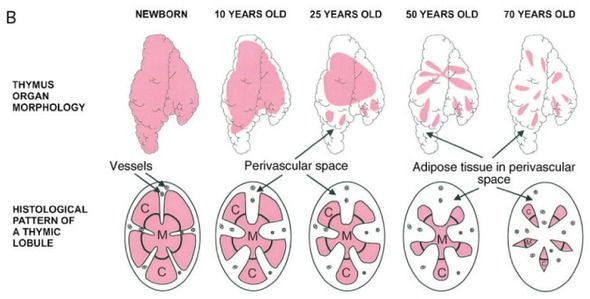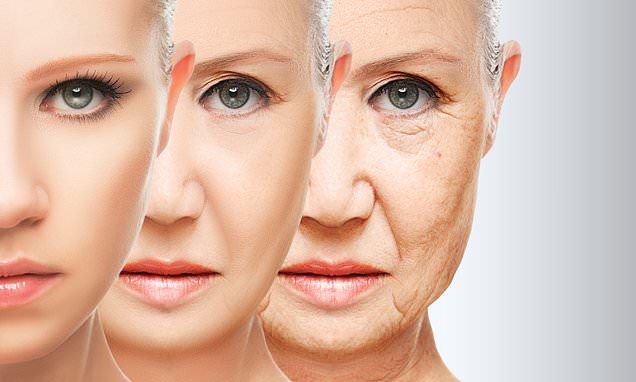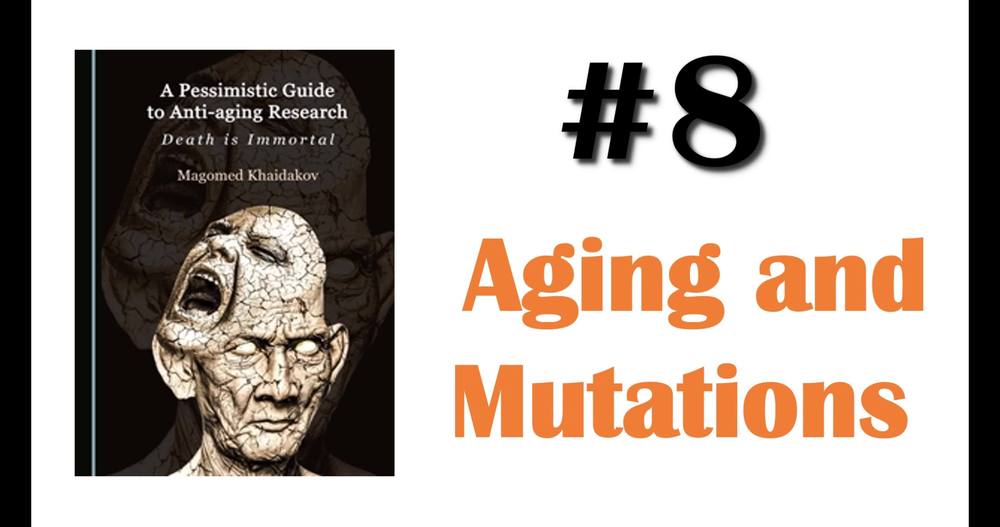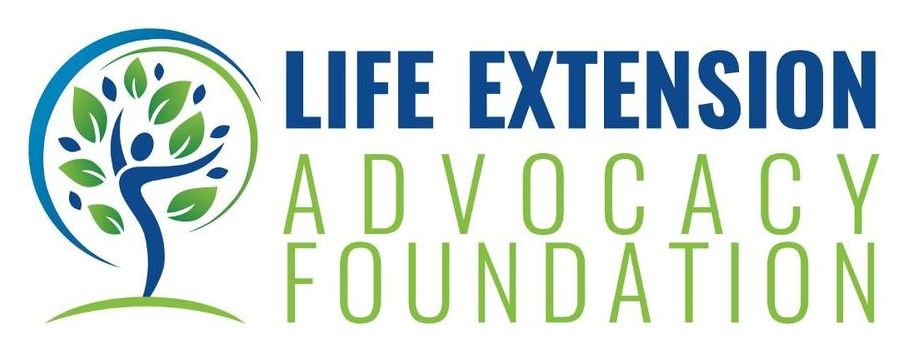Yesterday, the TRIIM study was described in science news headlines around the world, though, through a glitch, the original research paper is not yet on the Aging Cell web site. (You saw it first here.) I refer you to the writeup in Nature’s News section for a full summary of the paper, and in this column I will add my personal framing, and what I know about the study from private connection to its authors and one of the subjects. The big news is setback of the epigenetic clock, by several methylation measures. Instead of getting a year older during the trial, nine subjects got a year younger, on average, based on the version of the Horvath methylation clock that best predicts lifespan. The study had been originally designed to regrow the thymus. (Loss of thymus function has been linked to the collapse of the immune system that occurs typically before age 70.) Imaging showed that the functional part of the thymus expanded over the course of the trial, and blood tests confirmed improved immune function. The treatment included.






